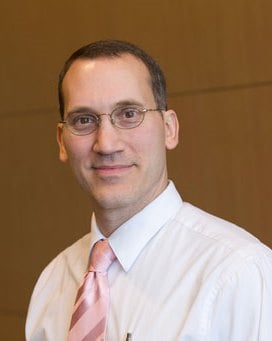
|
Edwin Boudreaux, PhD, has been working to implement screening for suicide in emergency rooms for more than a decade and has published numerous studies that show a large population of patients can be reached through such a process, according to a Nov. 8 article in the Washington Post about his research.
“It should be a no-brainer,” said Dr. Boudreaux, professor of emergency medicine, in the article. “You can save hundreds of lives doing this. But the amount of pushback has been frustrating.”
The Post reports that the national suicide rate has increased every year since 1999, and is now at crisis levels. Boudreaux’s research has demonstrated that suicide prevention efforts during and after emergency room visits can save lives. Boudreaux is principal investigator, along with colleagues from Harvard and Brown Universities, on a $12 million, five-year Emergency Department Safety Assessment and Follow-up Evaluation (ED-SAFE) study of suicide prevention interventions that can be deployed in emergency departments.
While many experts agree on the need for the screening, they argue that emergency departments do not have the funding to connect patients with help after they are identified.
“There are real barriers to implementation,” Boudreaux said in the story. “No one denies that. But what’s the alternative? Would we rather not know that people want to kill themselves? Is it better to just not ask and not know?”
Read the full article at: Washington Post: A few simple questions could help doctors stem the suicide epidemic
Related links on UMassMedNow:
WBUR reports on suicide prevention efforts during and after emergency room visits
Study: Suicide screening, interventions in emergency department can save lives
UMMS raises flags for National Suicide Prevention and Awareness Week
Suicide risk can be intercepted in the emergency department, UMMS study finds